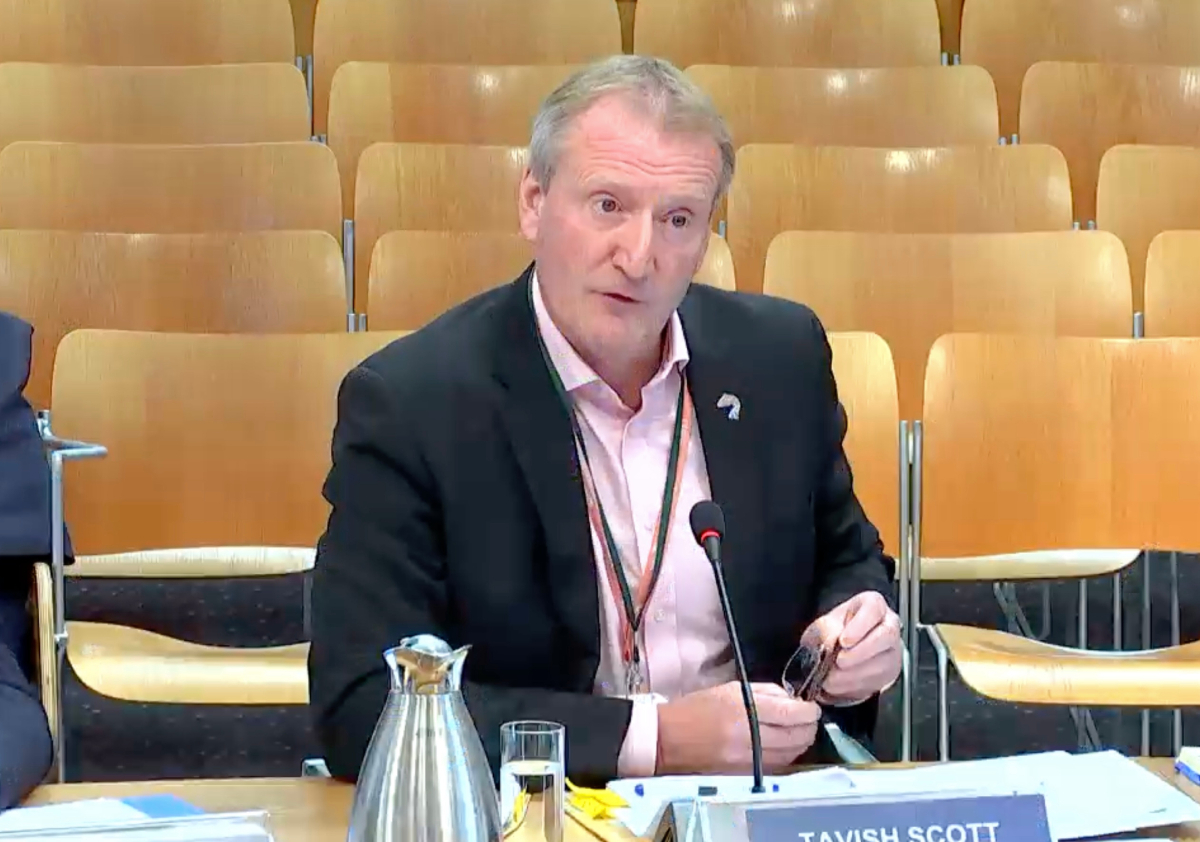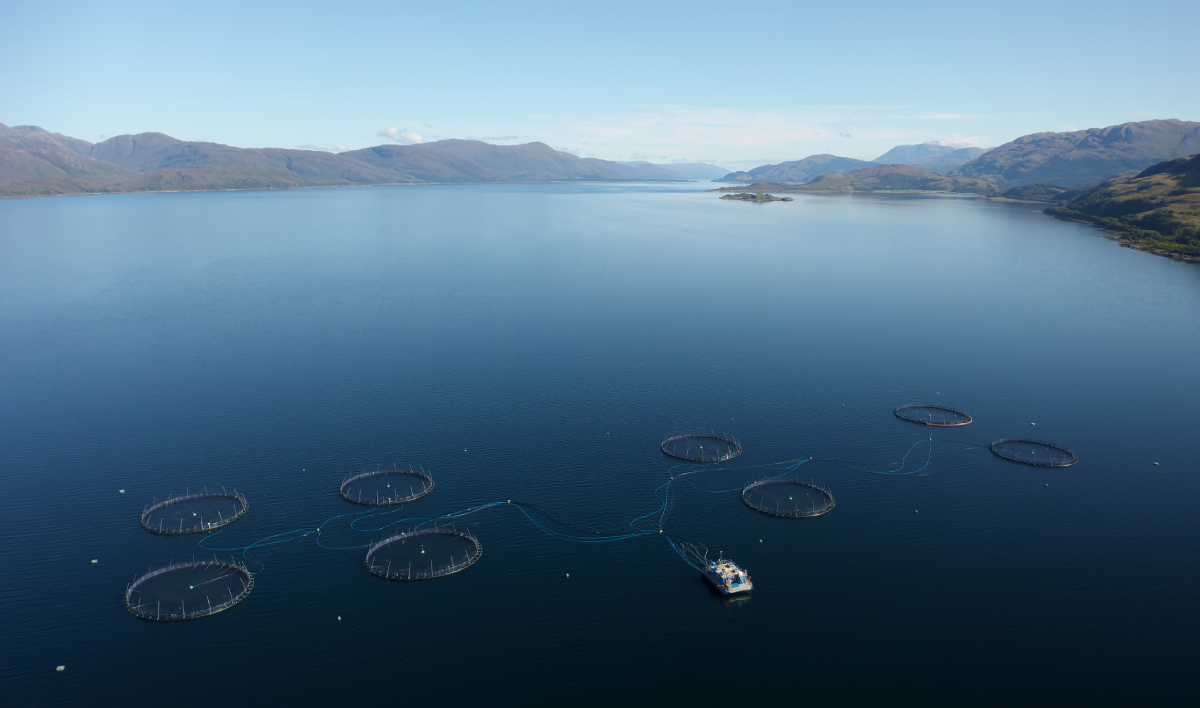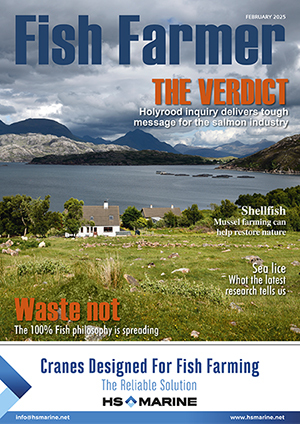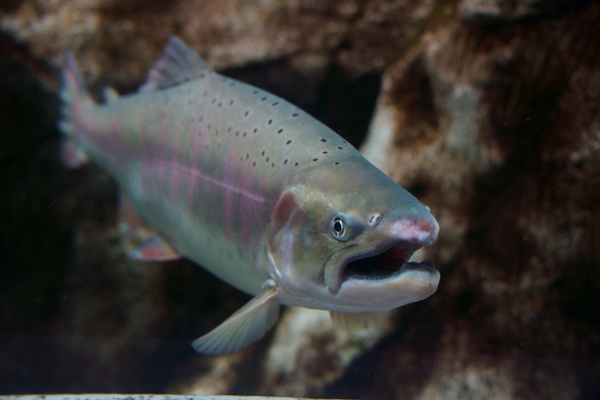Salmon Scotland CEO responds to RAIC report
Industry body Salmon Scotland has responded forcefully to criticism from a committee of the Scottish Parliament, pointing out that the sector has already seen a significant investment in survival rates thanks to investment in fish health.

Last month the Scottish Parliament’s Rural Affairs and Islands Committee (RAIC) published its report Follow-up inquiry into salmon farming in Scotland, which concluded that the pace of improvement following an earlier inquiry into the salmon sector, in 2018, has been too slow.
The Committee said that mortality rates were still too high and recommended that farm sites with “persistently high mortality rates” should be forced to limit or halt production
Now the CEO of Salmon Scotland, Tavish Scott, has written to the Committee’s Convener, Finlay Carson, to highlight an improvement in farmed fish survival in 2024, with a 36% reduction in mortalities last year compared to 2023.
Survival last year was 82.3% compared to 72.3% in 2023, a difference of ten percentage points.
Scott said: “This improvement is testament to the hard work of Scotland’s 2,500 salmon farmers, who work tirelessly in some of Scotland’s most isolated, coastal and island communities, as well as the 10,000 people supporting our farmers through the supply chain. It has also been possible due to significant investment by salmon farming businesses, with nearly £1bn invested in fish health and welfare since 2018.
“The Committee was made aware of ongoing improvements in fish survival prior to concluding its work. It is unfortunate that these facts were not reflected in the final report and its recommendations. Given these updated figures the RAIC report published last month is already out of date.”

Scott went on to say that the Committee’s overall approach was “extremely disappointing” and stressed that comparisons made with other livestock sectors – which are not subject to the transparency measures imposed on fish farming – do not acknowledge “the clear biological differences between fish and land animals.”
He contrasted the support and funding given to land farmers to deal with challenges such as avian flu and foot and mouth disease, with the criticism meted out to fish farmers when they are dealing with similar biological threats.
The letter concludes: “We will consider the RAIC report’s recommendations and write to your committee in due course. However, we note that as with the 2018 parliamentary RECC [Rural Economy and Connectivity Committee] inquiry, rather than providing a focused suite of proactive recommendations that will help streamline regulatory oversight to support our sustainable development into the future, RAIC has produced an extensive set of recommendations, many of which will add further regulatory complexity and burden on salmon farmers.
“Such an approach will hinder one of Scotland and the UK’s leading food production sectors.”




